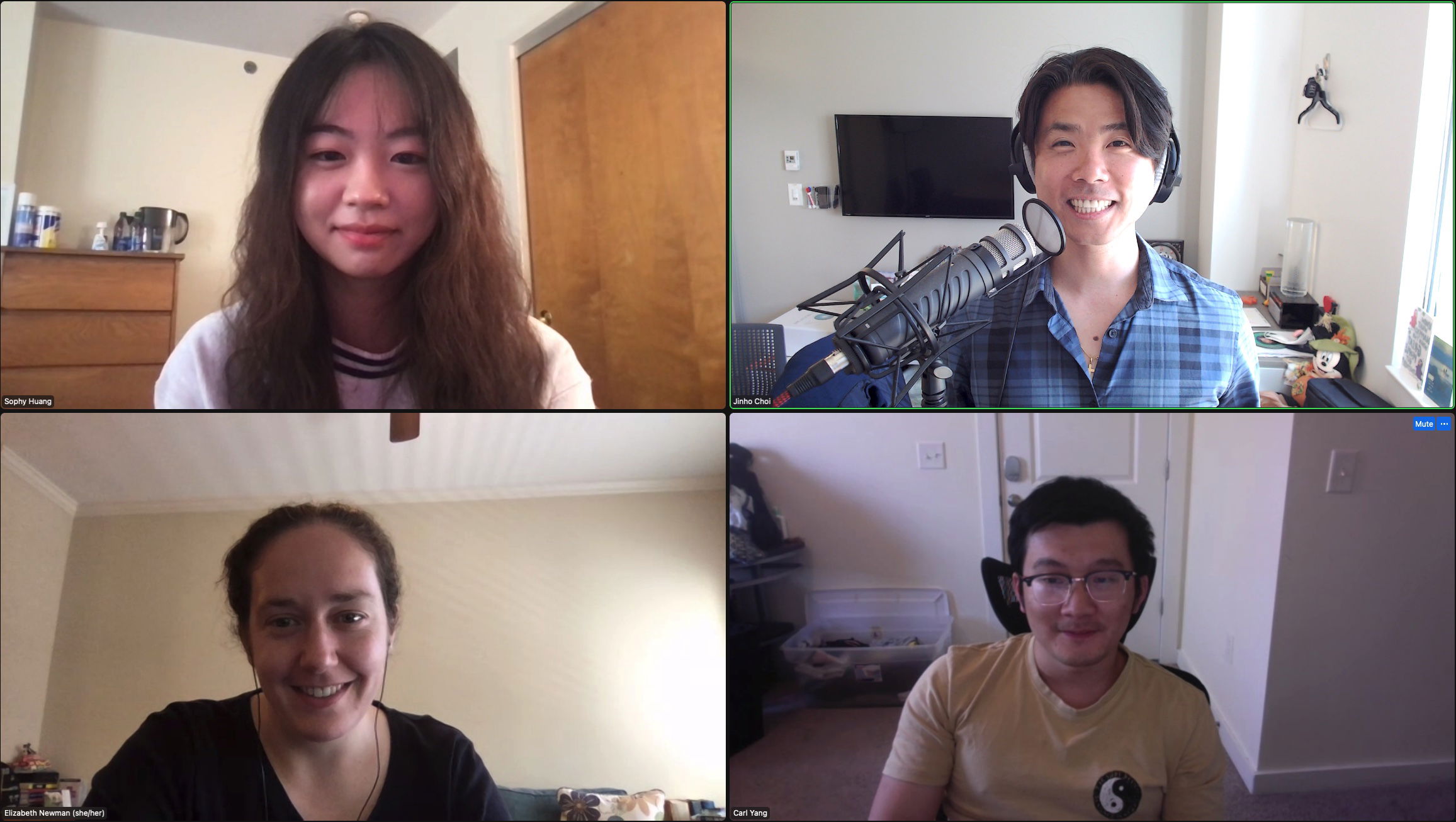Honors Thesis 2022 - Xiaoyuan Huang

Unsupervised, Context-Aware Emotion Classification of College-Related Reddit
Xiaoyuan Huang
Highest Honor in Mathematics
Abstract
As emotion plays an important role in conversations, empathetic dialogue systems have been developed to be used in fields such as business and healthcare. However, a lack of such chatbots exists in the higher education sector. To develop such dialogue systems, emotion detection serves as the most important step. Sentiment analysis and emotion detection on social media has been a meaningful way to diagnose emo- tions, understand behaviors, and help improve empathetic agents. Current work has focused on machine learning and rule-based approaches, but the number of emotion labels of many existing models is limited. Therefore, inspired by the gap between higher education and emotion-related tasks in the Natural Language Processing field, the goal of this thesis is to develop a novel and well-performed emotion classifier specifically targeting college-related social media contents and producing more elaborated emotion labels than existing emotion classifiers. This thesis achieved this goal by three main steps. The first step was to generate a task-specific dataset for model development. The second step was to develop baseline models using Transformer trained on Empathetic Dialogues for basic emotion detection. The third part was to improve these baseline models by developing unsupervised models that overcome difficulties of detecting neutrality in the baseline models and target higher education contents. This work would provide a meaningful tool for more fine-grained emotion detection in college-related textual data and future chatbot developments in higher education as an innovative solution for institutions.
Department / School
Applied Mathematics and Statistics / Emory University
Degree / Year
BS / Spring 2022
Committee
Jinho D. Choi, Computer Science and QTM, Emory University (Chair)
Elizabeth Newman, Mathematics, Emory University
Carl Yang, Computer Science, Emory University
Links
Anthology | Paper | Presentation

Xiaoyuan Huang (top-left), Jinho Choi (top-right), Elizabeth Newman (bottom-left), Carl Yang (bottom-right)